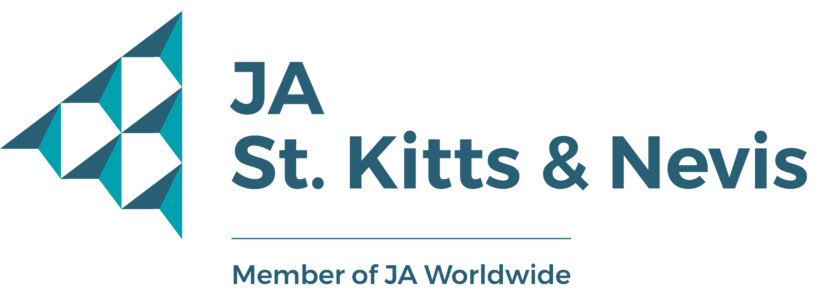Session 3.1 – The Value of Innovation
Innovation simply means new ways of doing things to make things better. Innovation drives success, and you can use feedback and failures to help spur new innovation. Long-term business success requires innovation in order to stay relevant and maintain a company’s health.
As you refine your entrepreneurial skills, you can also innovate yourself.
Session 3.2 – Failure Leads to Success
Entrepreneurs learn more from their failures than they do from success. It is common for entrepreneurs to face difficulties. What counts towards them achieving success is using their difficulties and failures to chart a new course. They use innovation and make improvements. They learn to be better today than they were yesterday.
Reflection
The benefit of failing fast is that you learn from mistakes quickly and focus on making continual improvements.
Review how the following statements which demonstrate the characteristics of the entrepreneurial mindset in which failure is viewed as a benefit, not a detriment:
Risk-taker: No risk, no reward; pursuing untapped possibilities opens up doors for opportunity
Self-confident: Assured that a resilient mind will get through the struggles to get to the reward
Persevering: Not willing to give up on the vision/dream
Session 3.3 – Entrepreneurial Characteristics
An entrepreneurial mindset will benefit you in life, even if you never start a business. Successful entrepreneurs need to be resilient and willing to work hard despite the challenges they face.
An entrepreneurial mindset is a way of thinking and responding to problems.
Review the main characteristics of the entrepreneurial mindset.
Adaptable: If you are adaptable, you adapt to new or changing requirements, take setbacks in stride, learn from your failures, and, if needed, change your approach. If something isn’t working, you pivot to something else.
Decisive: If you are decisive, you make the right decision quickly and effectively. To be a good leader, you need to make informed decisions, gather and assess necessary information, and evaluate any alternatives. Your business’s livelihood may depend on it.
Creative: If you are creative, you explore many different, sometimes unusual solutions; you listen to your customers, and you’re open to their feedback as a source for improved ideas.
Problem-solver: If you are a problem-solver, you can research and analyze a problem, identify the root cause, and look for creative solutions. Entrepreneurs use all the tools at their disposal to solve problems and continue to move forward.
Critical thinker: If you are a critical thinker, you think clearly and rationally, using information and logic to arrive at the best possible conclusion.
Persevering: If you are persevering, you never give up on your dreams, and you don’t let problems or failures slow you down.
Risk-taker: If you are not afraid to take calculated risks, you are a risk-taker. Taking calculated risks is vital to starting a new business. Arianna Huffington, founder of one of the most successful online news outlets, said, “Failure is not the opposite of success—it is the stepping stone to success. For anyone who is an entrepreneur, that is perhaps the most important lesson.”
Self-confident: If you are self-confident, you are certain of your own abilities; you believe in what is possible and what can be achieved. You are willing to take risks but are conservative enough not to risk things that are beyond your abilities.
Session 3.4 – SWOT Analysis [Virtual Session] Facilitator Lyndell Halliday
LEADERSHIP AND MANAGEMENT
The guide below includes more areas than will be completed in this session. Students should save the guide to their computer for future use as they work through the process of structuring their businesses.
BUSINESS RESEARCH – (Self-guided)
You may find the following guide useful in completing the research phase you commenced on Saturday.
